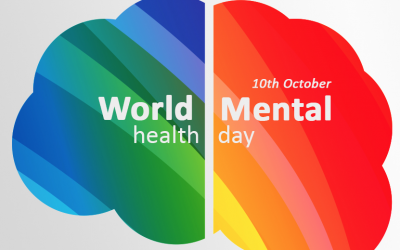Don’t let people suffer in silence
What is mental health?

Do you recognise any of these?
- Family issues relating to depression?
- Work issues relating to depression?
- Our parents or an elderly or young person suffering from dementia or loss of memory
- Mental instability leading to being sectioned?
- Depression and mental health due to eating disorders and many more
In many circles, let’s admit it; we don’t like to talk about the fact that we have a family member or friend who suffers from mental health. However, who takes care of them?
Why don’t we talk about it?
Why do we ignore people who are suffering from mental health?
In this article I am going to deal with the legal rights that people have and what we can do to help.
What is Mental Health and what is the law?
The Mental Health Act (MHA) 1983 is a piece of law (in England and Wales) which tells people with mental health issues what their rights are in relation to:
- Pathways into hospital, which can be civil or criminal
- Assessment and treatment in a hospital
- Treatment in the community
People who receive inpatient treatment on psychiatric wards have agreed to go into hospital voluntarily. However, over half are in hospital without their permission. This is because they have been detained (sectioned).
If you are a patient, you lose certain rights, including the right to leave hospital of your own free will.
What does the law cover?
It is divided up into different parts on:
- Your rights when you are kept in hospital against your wishes.
- Your family’s rights
- Your rights when you are detained in hospital and also how does the court system fit in?
- Your rights to treatment when you are kept in hospital.
- Your rights when you are being treated outside of hospital.
Other important points?
As a person with a mental health problem living in England or Wales, there are some other important parts of the law which set out some of rights and protect you from discrimination:
- Equality Act 2010
- Mental Capacity Act 2005
- Human Rights Act 1998
Where can a person get legal help?
For further legal information you or they can contact:
- A local Law Centre
- Civil Legal Advice
- Citizens Advice (England) or Citizens Advice (Wales)
- A private solicitor
You may also be legally entitled to an advocate – someone who can help you understand your rights and make your voice heard.
Rights do exist and we need to stand up for people who are vulnerable or infirm as they require assistance to prosecute their legal rights.
Don’t let them suffer in silence and let’s help people just as we would want to be helped if we were suffering. Awareness days are critical in reminding us that we have a role to play. It is also reminds us that one day, we may suffer a form of mental health and it is important to know your rights and where one can turn to.